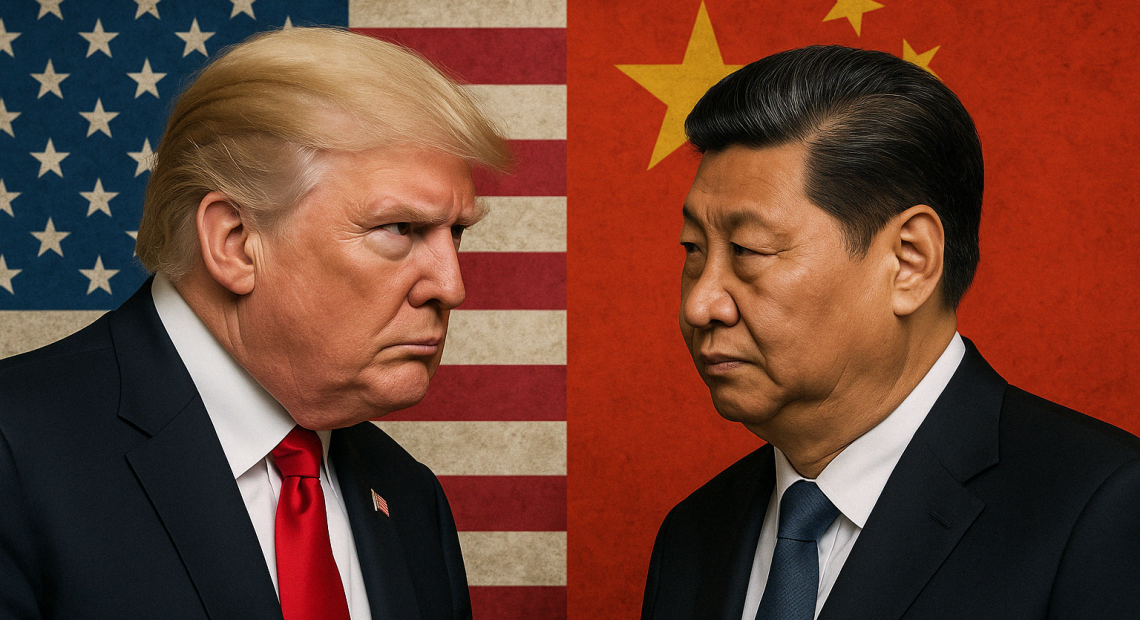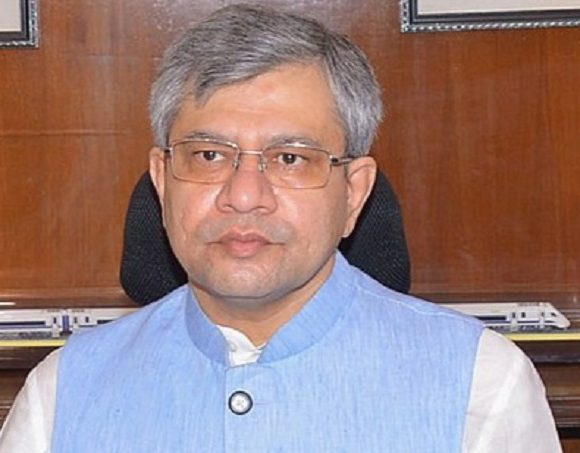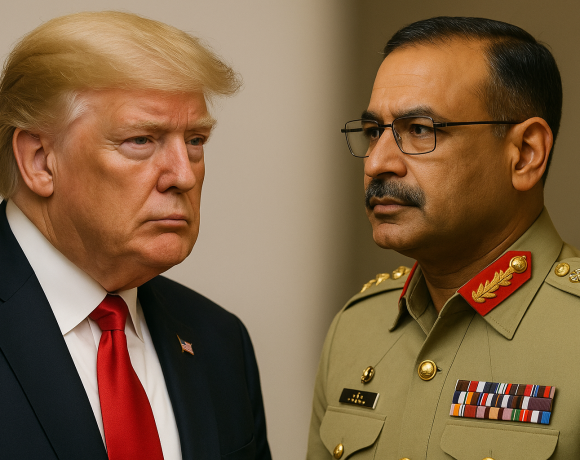
China Evaluates US Trade Talks Amid Tariff Standoff
China has indicated a cautious willingness to resume trade discussions with the United States, stating that it is currently evaluating recent diplomatic overtures from Washington. However, Beijing made it clear that any meaningful dialogue would require the rollback of steep U.S.-imposed tariffs, which remain a major stumbling block in mending bilateral economic relations.
The Ministry of Commerce in Beijing emphasized that removing unilateral tariffs must precede any serious negotiations. Chinese officials asserted that constructive engagement cannot occur while punitive duties are in place, labeling the U.S. trade practices as “erroneous” and “unilateral coercion.” The ministry reiterated that negotiations should not be used as a tool for political leverage or economic blackmail.
Trade tensions between the two global powers have deepened significantly in recent months. The U.S., under President Donald Trump, introduced tariffs of up to 145% on a wide range of Chinese imports. In retaliation, China imposed its own countermeasures with tariffs reaching 125% on U.S. goods, alongside export restrictions on critical minerals vital to high-tech industries. These actions have severely disrupted global supply chains and put additional strain on already fragile economies.
Despite the hardened positions, there are hints of flexibility from Beijing. Some U.S. imports such as pharmaceuticals and semiconductors have been exempted from China’s retaliatory tariffs, a signal that economic pragmatism may outweigh political posturing. Chinese authorities have conveyed a conditional readiness to engage in phased discussions, provided that Washington makes the first move by easing or lifting existing tariff regimes.
From the U.S. side, senior officials have expressed hope for a negotiated outcome. Treasury Secretary Scott Bessent voiced optimism about the possibility of reducing tensions and working towards a broader agreement. President Trump also hinted at potential tariff adjustments but remained firm on maintaining some trade barriers to “protect American interests.”
Global financial markets have reacted positively to the potential thaw. Stock indices across Asia, Europe, and the U.S. recorded moderate gains, buoyed by the hope that both economic giants may be inching towards de-escalation. However, analysts caution that sustained optimism hinges on concrete steps rather than political signaling.
As the world’s two largest economies weigh their next moves, businesses and governments across the globe are closely watching how the high-stakes tariff standoff evolves. The outcome could shape not only bilateral relations but also the trajectory of global trade stability in the months ahead.


















